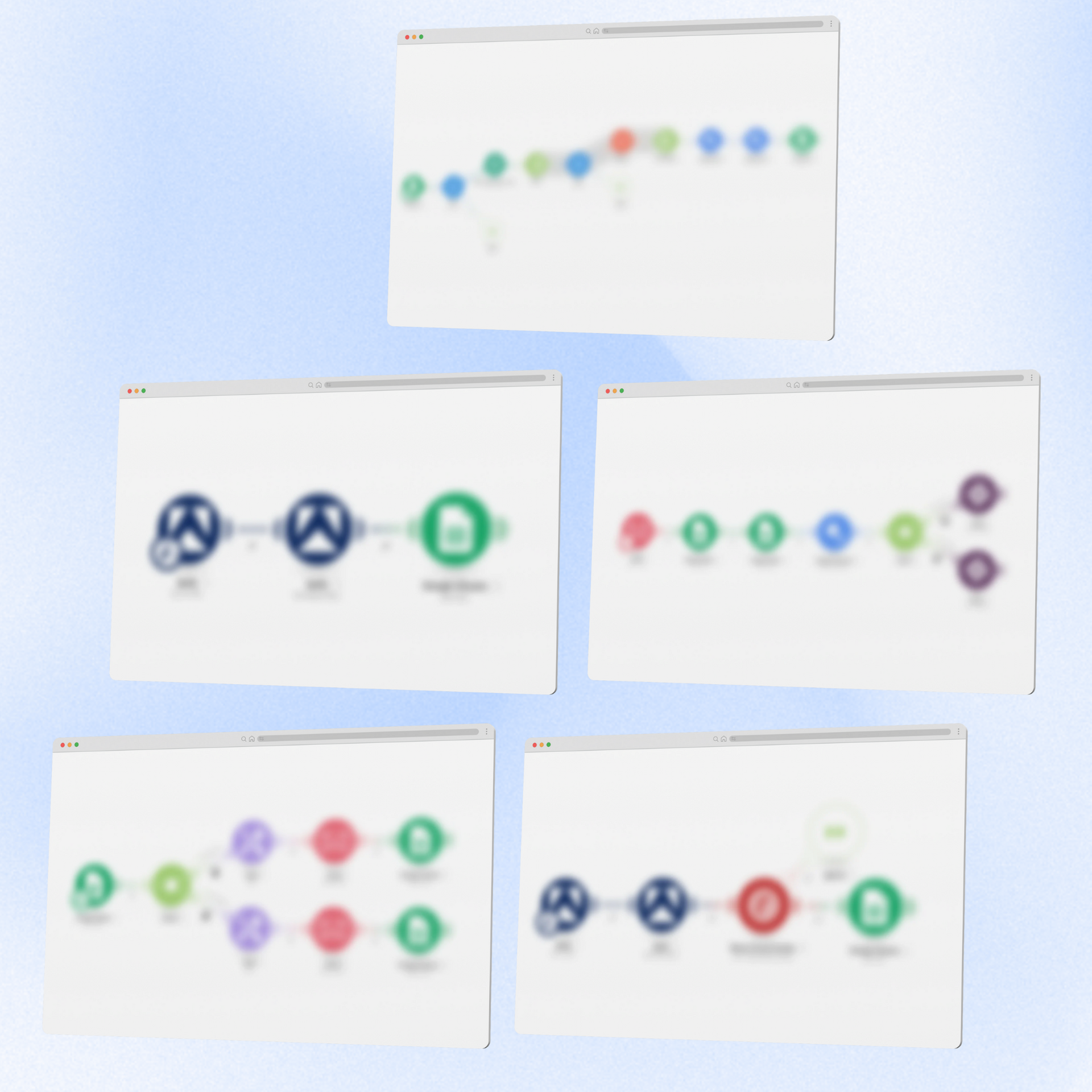
Hey there,
We have some massive AI partnership news today.
Microsoft just ended its exclusive relationship with OpenAI by adding Anthropic's AI to Office 365 and Copilot.
Scientists developed an AI bandage that heals wounds 25% faster.
And European AI startup Nscale raised the continent's largest Series B ever at $1.1 billion.
Let's dive in.
Master ChatGPT for Work Success
ChatGPT is revolutionizing how we work, but most people barely scratch the surface. Subscribe to Mindstream for free and unlock 5 essential resources including templates, workflows, and expert strategies for 2025. Whether you're writing emails, analyzing data, or streamlining tasks, this bundle shows you exactly how to save hours every week.

1. Microsoft Integrates Anthropic AI into Office 365 and Copilot
Microsoft is diversifying away from OpenAI by incorporating Anthropic's Claude Opus 4.1 and Sonnet 4 models into its Microsoft 365 Copilot assistant for business users, ending years of exclusive reliance on OpenAI. Starting Wednesday, enterprise customers can toggle between OpenAI and Anthropic models for tasks like research and building custom AI tools, with Microsoft believing Claude performs better at creating PowerPoint presentations. The move comes as Microsoft has invested over $13 billion in OpenAI while OpenAI pursues its own infrastructure projects and explores building a LinkedIn competitor, signaling a shift toward an "open relationship" rather than exclusive partnership.

2. Honor Magic 8 Pro Features Dedicated AI Button and Snapdragon 8 Elite Gen 5
Honor revealed the Magic 8 Pro flagship will be the first smartphone to feature Qualcomm's Snapdragon 8 Elite Gen 5 chipset with a dedicated AI button on the side, launching October 15 in China. The processor features two prime cores at 4.6GHz and six performance cores at 3.62GHz, delivering 35% better power efficiency and 37% faster AI performance than its predecessor. The Magic 8 Pro will be the only Snapdragon 8 Elite Gen 5 phone with dual 3D biometric security (face recognition and ultrasonic fingerprint), a 200-megapixel periscope camera, and expected 7,000mAh battery with 80W fast charging.

3. AI-Powered Smart Bandage Heals Wounds 25% Faster Than Standard Care
UC Santa Cruz researchers developed "a-Heal," a wearable device combining AI, bioelectronics, and an onboard camera that takes photos every two hours to detect healing stages and deliver personalized treatment. The system uses reinforcement learning to apply either fluoxetine medication or electric fields based on wound progress, with preclinical tests showing 25% faster healing than standard care. After treating just nine wounds, the AI requires only two clicks from users to generate more accurate segmentation than specialized models, potentially accelerating chronic wound therapy and reducing clinical trial costs.

4. ChatGPT Drives 600% Growth in Robo-Advisory Market to $470 Billion
At least one in 10 retail investors now uses AI chatbots like ChatGPT to pick stocks, fueling explosive growth in the robo-advisory market from $61.75 billion to a projected $470.91 billion by 2029. A ChatGPT-selected portfolio of 38 stocks including Nvidia and Amazon has surged 55% since March 2023, beating UK's top 10 mutual funds by 19 percentage points. About half of retail investors say they'd use AI tools for investment decisions according to eToro's survey of 11,000 investors, though experts warn treating ChatGPT "like a crystal ball" is high-risk despite its impressive returns.

5. MIT's MultiverSeg AI Speeds Medical Image Analysis to Near Zero Clicks
MIT researchers created MultiverSeg, an AI system that dramatically reduces time needed for medical image segmentation by learning from each image it processes and applying that knowledge to new ones. Unlike traditional tools requiring manual segmentation for each image, MultiverSeg needs only two clicks by the ninth image to exceed accuracy of task-specific models, with some X-rays needing just one or two manual segmentations before the AI works autonomously. The system doesn't require pre-segmented training data or machine learning expertise, potentially enabling clinical studies previously impossible due to time constraints of manual segmentation.

6. Nscale Raises Europe's Largest Series B at $1.1 Billion for AI Data Centers
British AI infrastructure startup Nscale secured $1.1 billion led by Norway's Aker ASA with participation from Nvidia, Nokia, Dell, and Point72, marking Europe's largest Series B funding round ever. The company, which pivoted from crypto mining to AI infrastructure in 2022, plans to deploy 50,000 GPUs by end of 2025 and 150,000 by 2026 across Europe, North America, and the Middle East. Nscale recently announced partnerships with Microsoft for the UK's largest supercomputer and OpenAI's Stargate UK project, positioning itself as Europe's answer to US infrastructure giant CoreWeave valued at $58 billion.

Want to Get More Done Faster?
You read about AI every day here.
But you're still moving at the same pace as everyone else.
I just launched Zephyr Elite - where I teach you to get more done faster with AI and automation.
Master AI prompts that deliver exactly what you need. Automate any repetitive task with Make and n8n. Build workflows that work while you sleep.
Get 20+ hours back every week while your competitors stay stuck in slow mode.
How would you rate today's newsletter?
Stay tuned for more updates, and have a fantastic day!
Cheers,
Zephyr





